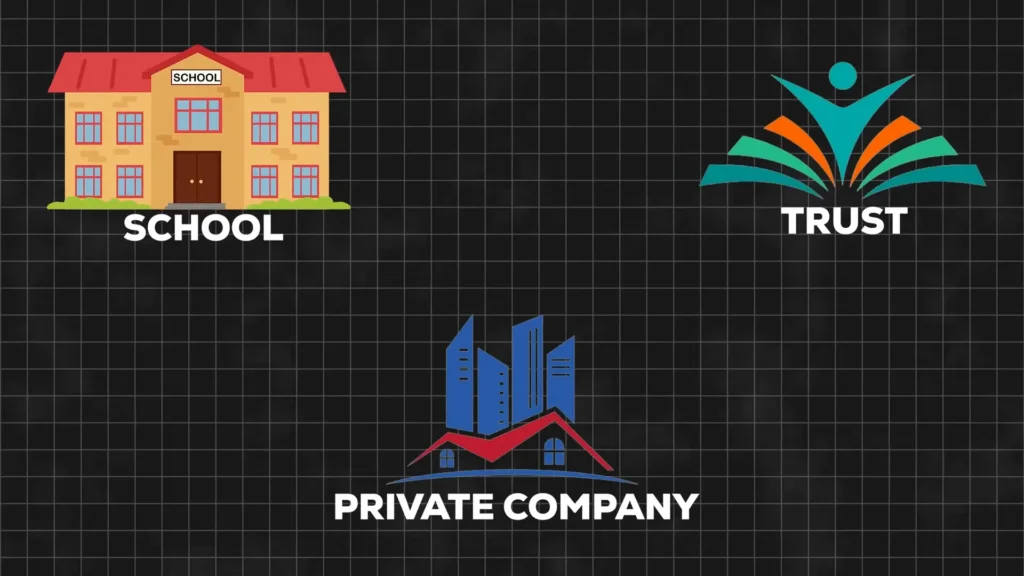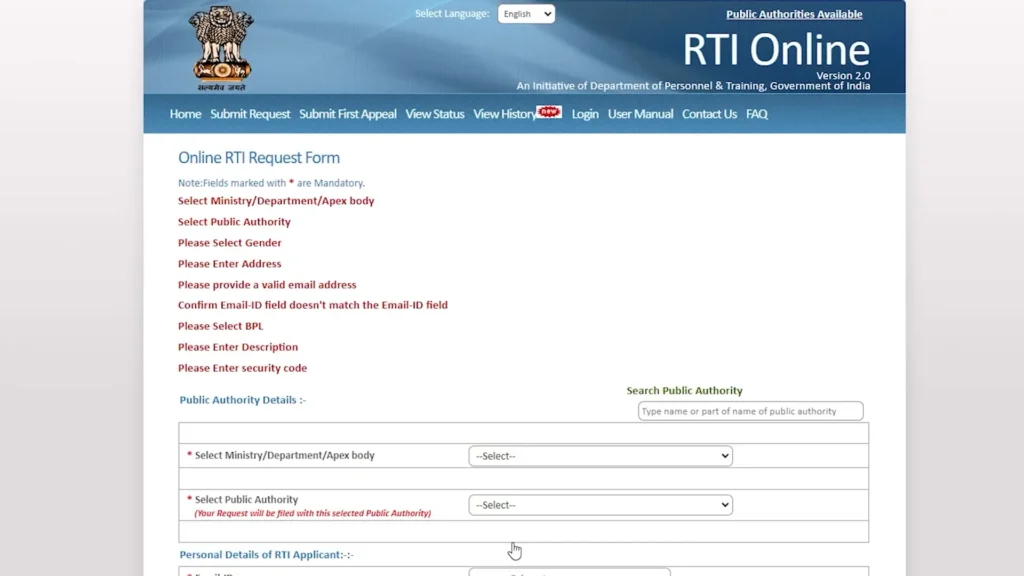Unveiling the Truth Behind Private Schools in India
The educational landscape in India is riddled with complexities, especially concerning private schools. While they are often perceived as the beacon of quality education, the underlying practices often reveal a different narrative. In this article, we will explore the various ways private schools operate, the implications for parents and students, and the broader societal effects of the private school scam parents often face.
The Costs of Education: More Than Just Tuition Fees
When enrolling a child in school, parents often face a barrage of expenses beyond just tuition. From uniforms to books, every aspect of schooling seems to come with a price tag. Parents are required to purchase everything from the school itself, leaving them with little choice. The only thing they can source externally is education itself, often supplemented by private coaching. This situation is a part of the larger private school scam parents find themselves trapped in.
Mandatory Purchases: A Hidden Cost
Many private schools mandate that parents purchase uniforms and books from designated suppliers, often at inflated prices. This practice raises questions about the transparency of these transactions and contributes to the private school scam parents frequently encounter. The schools appear to benefit financially, while parents are left to bear the brunt of these costs.
Societal Pressure and the Stigma of Government Schools
In many communities, sending a child to a government school is seen as a mark of social stigma. Parents often feel pressured to enroll their children in private institutions, regardless of the financial burden it entails. This societal perception is a significant driver of the increasing fees in private schools, further perpetuating the private school scam parents endure.
Impact on Students
The pressure to keep up with fees can have detrimental effects on students. Instances of children being publicly shamed for unpaid fees are not uncommon. Such practices can lead to mental health issues, decreased attendance, and even dropping out of school altogether, highlighting another facet of the private school scam parents are forced to confront.
Profit Motive in the Name of Education
Despite the non-profit status that schools claim to maintain, many private institutions operate with a profit motive. According to Indian law, running a school should be treated as a social service, yet the reality often contradicts this principle. This profit-driven model is at the heart of the private school scam parents experience.

Exploitation of Teachers
Teachers often bear the brunt of this profit-driven model. Many are underpaid and overworked, with their salaries not reflecting the commitments made during the school’s affiliation process. Reports indicate that some teachers receive salaries far below the government-mandated minimum, an issue that further highlights the systemic problems within the private school scam parents are entangled in.
Manipulation of Fees and Funds
Private schools frequently increase fees under the pretext of operational losses, despite having substantial funds in their accounts. This practice raises ethical questions about the management of school finances and the transparency of fee structures, which are key elements of the private school scam parents face.
Annual Fees and Miscellaneous Charges
Schools often introduce various charges disguised under different names, such as annual fees, development funds, and miscellaneous charges. These additional costs can be overwhelming for parents, who are already struggling to keep up with tuition fees, further illustrating the private school scam parents must navigate.
The Role of Government Policies
Government policies, such as the Right to Education Act (RTE), aim to provide equitable access to education. However, many private schools circumvent these regulations, failing to reserve seats for underprivileged children as mandated by law. This evasion contributes to the private school scam parents experience in their quest for quality education.
Challenges in Implementing RTE
Despite the provisions for underprivileged children, a significant percentage of private schools do not comply with the RTE Act. Reports indicate that many schools ignore applications from low-income families, often citing arbitrary reasons, which exacerbates the private school scam parents find themselves in.
The Status Symbol of Private Education
For many parents, the choice of a private school is more about social status than educational quality. The belief that private schools provide superior education is deeply entrenched, leading paretns to overlook the actual learning outcomes. This obsession with status feeds into the private school scam parents unknowingly support.

Parent Interviews Over Student Assessments
Private schools increasingly prioritize parental backgrounds over student capabilities during admissions. This practice perpetuates a cycle where socioeconomic status dictates educational opportunities, further entrenching inequality and reinforcing the private school scam parents face.
The Need for Reform
As the educational landscape continues to evolve, it is crucial to address these systemic issues within private schools. Transparency, accountability, and adherence to regulations should be non-negotiable standards for all educational institutions, especially to combat the private school scam parents are often victims of.
Empowering Parents and Communities
Parents must be empowered to demand accountability from schools. Engaging with local education authorities and utilizing mechanisms like the Right to Information (RTI) can help parents gain insights into school operations and finances, equipping them to challenge private school scams.
Conclusion
The issues surrounding private schools in India are complex and multifaceted. By shining a light on these practices, we hope to foster a dialogue that leads to meaningful reforms in the education sector. Ultimately, education should be a right, not a privilege, and it is time to hold those in power accountable for their actions—especially in the context of the private school scam parents must navigate.
